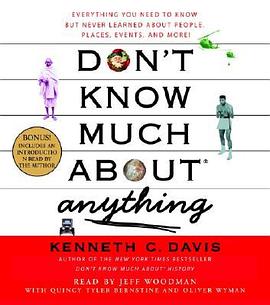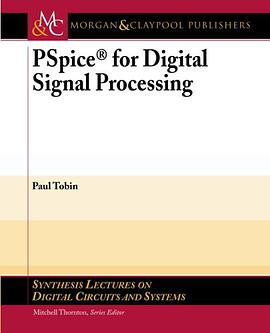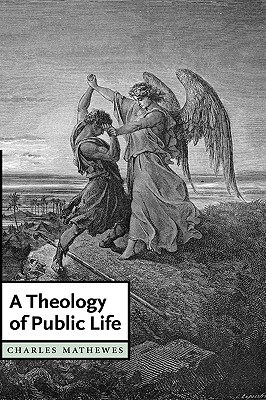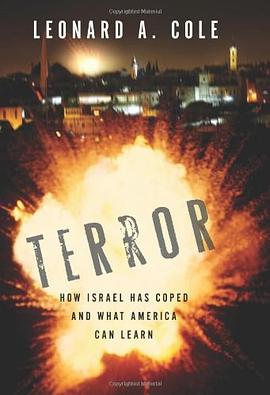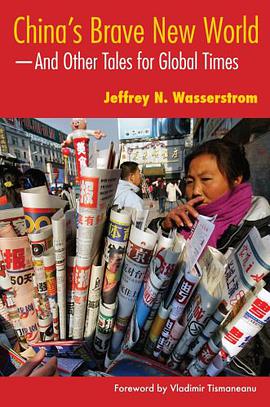

具体描述
How did the Bible survive the Enlightenment? In this book, Jonathan Sheehan shows how Protestant translators and scholars in the eighteenth century transformed the Bible from a book justified by theology to one justified by culture. In doing so, the Bible was made into the cornerstone of Western heritage and invested with meaning, authority, and significance even for a secular age. "The Enlightenment Bible" offers a new history of the Bible in the century of its greatest crisis and, in turn, a new vision of this century and its effects on religion. Although the Enlightenment has long symbolized the corrosive effects of modernity on religion, Sheehan shows how the Bible survived, and even thrived in this cradle of ostensible secularization. Indeed, in eighteenth-century Protestant Europe, biblical scholarship and translation became more vigorous and culturally significant than at any time since the Reformation. From across the theological spectrum, European scholars - especially German and English - exerted tremendous energies to rejuvenate the Bible, reinterpret its meaning, and reinvest it with new authority. Poets, pedagogues, philosophers, literary critics, philologists, and historians together built a post-theological Bible, a monument for a new religious era. These literati forged the Bible into a cultural text, transforming the theological core of the Judeo-Christian tradition. In the end, the Enlightenment gave the Bible the power to endure the corrosive effects of modernity, not as a theological text but as the foundation of Western culture.
作者简介
目录信息
读后感
评分
评分
评分
评分
用户评价
相关图书
本站所有内容均为互联网搜索引擎提供的公开搜索信息,本站不存储任何数据与内容,任何内容与数据均与本站无关,如有需要请联系相关搜索引擎包括但不限于百度,google,bing,sogou 等
© 2026 book.wenda123.org All Rights Reserved. 图书目录大全 版权所有



